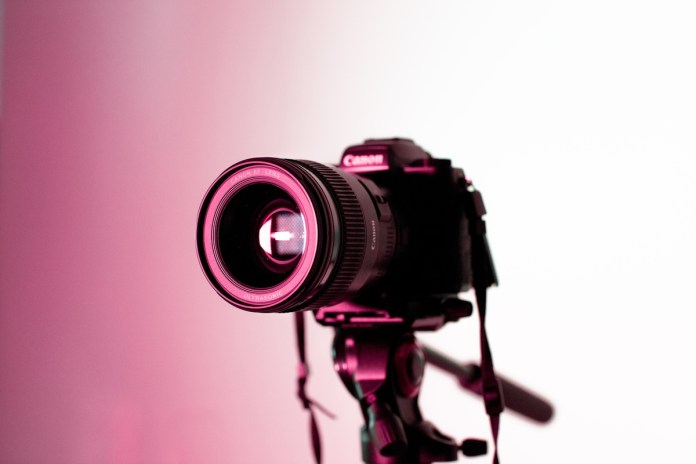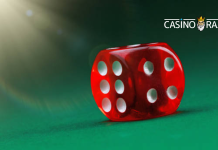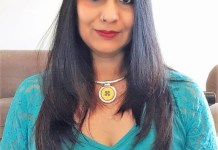They say photography is the art of speaking through pictures or, more appropriately, creating stories. So, it’s not surprising at all, when someone who is, perhaps, just starting out with photography is always confused about what camera to choose and how to go about the entire camera buying process. For those of you who are in that boat, don’t fret. We got in touch with Delhi-based photographer Bobby Roy who talked about how to choose your first camera and what probably would suit your needs better.

If you are a beginner photographer, you are probably, experienced with a tiny P&S (Point & Shoot) camera which you use to create pictures for your social media accounts. But, there will come a time when you would need a bigger and better camera. You see, bigger cameras generally have a bigger sensor, which means it gives you more freedom when it comes to a lot of things – starting from the resolution to dynamic range.

Image Source: digitalcameraworld 
Image Source: technofaq
If you are just starting out as a beginner photographer and want to start shooting, then one of those beginner DSLRs make a lot of sense. There are a lot of beginner-friendly DSLRs out there in the market from every manufacturer that would satiate your hunger to get into the world of photography. However, that being said, there are a certain few points which you must keep in your mind before you go ahead with your first purchase of a big camera.
1. Image Quality

When you move into the big world of DSLRs, the size of the image sensor inside the camera becomes big considerably, which allows for larger pixels to fit in those sensors. It means you can shoot in comparatively more challenging situations and get good, high-quality images.
2. Lenses

While P&S had a nice little 4x zoom lens, DSLR can be fitted with many high-quality lenses, which can be an ultra-wide-angle lens or can be a massive telephoto lens. And of course, then there are the plethora of accessories that are available with the entire DSLR system, like a flash, filters, etc. and you have a complete system.
3. Speed

DSLRs are generally faster than P&S cameras, simply because of the high-quality parts that are used in them and are also meant to be sturdy. Which makes moving objects/beings photography much easier.
4. Optical Viewfinder

Another important thing about a DSLR is that optical viewfinder, which means you get to see exactly what you are about to capture. Yes, today’s mirrorless camera does have excellent electronic viewfinders as well, but somehow, when it comes to using a camera, I have always preferred a DSLR because of the ease of use, thanks to their excellent optical viewfinders.
5. Low Light Capabilities

The tiny P&S camera stands nowhere when it comes to low-light shooting. So, a bigger camera, in this regard at least, is better as the bigger size allows for a better and bigger sensor inside. This means you can shoot in low light and get away with good image quality.
6. Depth of Field

Who doesn’t love that creamy, out of focus background while the subject stands out? One of the most amazing things about the DSLR is the sheer control that it gives me in many areas, specifically the DOF. I guess this is really an extension of its manual controls and ability to use a variety of lenses. But a DSLR can give you the depth of field that puts everything from foreground to background in focus through to nice blurry backgrounds.
7. Sensor Size

While purchasing your camera, you should also look into the sensor size. There are majorly two types of sensors in the market at present – a crop sensor a full-frame sensor. A full-frame sensor will provide for better image quality, better low light performance and overall a better look to the images that you create, simply because the sensor is larger than a crop sensor. But, also keep in mind that the full-frame sensor cameras are a lot more expensive than a crop sensor camera.
Apart from these few key differences that a DSLR can make to your photography, it is also extremely important to think, what will you use the camera for, before you invest in a new camera or a camera system.

There are quite a few differences between a DSLR and a mirrorless system, but given a choice, I have mostly worked with DSLRs and have had zero complaints whatsoever when it comes to image quality. Of course, the choices are endless. So, at the end of the day, it is you who needs to ask yourself a few important questions before going ahead to that nearest camera store and getting yourself a spanking, new camera.
(Featured Image Source: unsplash)




